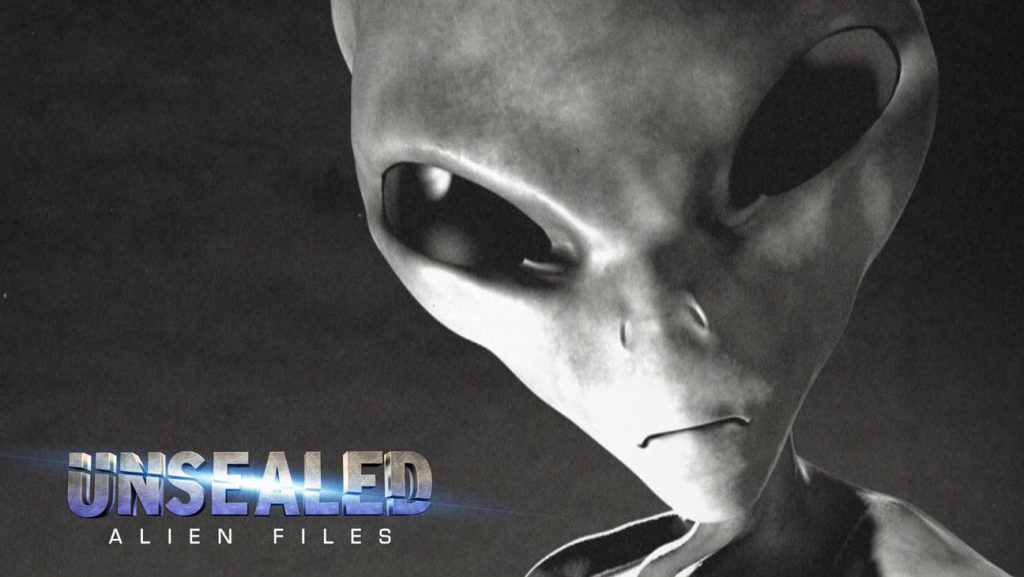Unsealed: Alien Files – The Watchmen episode 38: For decades, citizen UFOlogists have coordinated alien information-sharing networks, subverting the classified intelligence of their governments. What do these classified documents say about the way that our governments watch the skies?
In April 2011 the FBI declassified decades’ worth of secret government documents that contain thousands of reports of UFO sightings and alien activity. Each episode of this half-hour series tackles one alien case by investigating the previously off-limits government files. The program re-examines key evidence and follows developing leads based on newly released information.
Mass UFO sightings, personal abductions, government cover-ups, and alien news from around the world are some of the topics covered by the show’s panel of specialists, who include journalists, researchers, and radio and TV hosts. After watching an episode of `Unsealed: Alien Files’, you may begin to believe that `we are not alone’.
Unsealed: Alien Files – The Watchmen episode 38
Ufology
Ufology is the investigation of unidentified flying objects (UFOs) by people (The Watchmen) who believe that they may be of extraordinary origins (most famously, extraterrestrial alien visitors). While there are instances of government, private, and fringe science investigations of UFOs, ufology is regarded by skeptics and science educators as a canonical example of pseudoscience.
Ufology is a neologism derived from UFO (a term apparently coined by Edward J. Ruppelt), and is derived from appending the acronym UFO with the suffix -logy (from the Ancient Greek λογία (logiā)). Early uses of ufology include an article in Fantastic Universe (1957) and a 1958 presentation for the UFO “research organization” The Planetary Center.
The roots of ufology include the “mystery airships” of the late 1890s, the “foo fighters” reported by Allied airmen during World War II, the “ghost fliers” of Europe and North America during the 1930s, the “ghost rockets” of Scandinavia (mostly Sweden) in 1946, and the Kenneth Arnold “flying saucer” sighting of 1947. Media attention to the Arnold sighting helped publicize the concept of flying saucers.
Publicity of UFOs increased after World War II, coinciding with the escalation of the Cold War and strategic concerns related to the development and detection (e.g., the Ground Observer Corps) of advanced Soviet aircraft. Official, government-sponsored activities in the United States related to ufology ended in the late 1960s following the Condon Committee report and the termination of Project Blue Book. Government-sponsored, UFO-related activiites in other countries, including the United Kingdom, Canada, Denmark, Italy, and Sweden also ended. An exception to this trend is France, which maintains the GEIPAN program, formerly known as GEPAN (1977–1988) and SEPRA (1988–2004), operated by the French Space Agency CNES.
